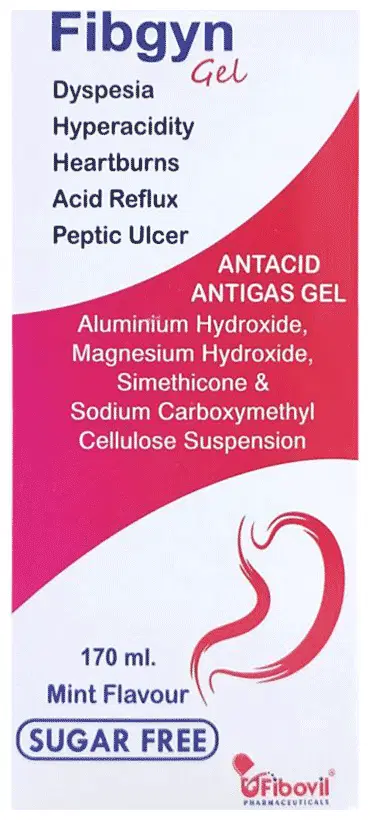Gastroesophageal reflux disease (acid reflux)
Gastroesophageal reflux disease (GERD), commonly known as acid reflux, is a chronic condition where stomach acid regularly flows back into the esophagus, causing irritation and discomfort. Symptoms may include heartburn, regurgitation, difficulty swallowing, and a persistent sour taste in the mouth. GERD can lead to more serious complications if left untreated, such as esophagitis, strictures, and Barrett’s esophagus.
Typical Medications: GERD treatments aim to reduce the production of stomach acid and alleviate esophageal irritation. Medications commonly prescribed include:
Antacids: Over-the-counter remedies that neutralize stomach acid, providing quick relief from symptoms. Examples include Maalox, Mylanta, and Tums.
H2-receptor blockers: These medications, such as cimetidine (Tagamet), famotidine (Pepcid), and ranitidine (Zantac), reduce the production of stomach acid and offer longer-lasting relief than antacids.
Proton pump inhibitors (PPIs): These potent drugs, including omeprazole (Prilosec), lansoprazole (Prevacid), and esomeprazole (Nexium), inhibit stomach acid production at the source, providing significant relief from symptoms and promoting healing of esophageal damage.
Prokinetic agents: Medications like metoclopramide (Reglan) stimulate stomach muscle contractions, helping to clear acid from the esophagus and reduce the frequency of reflux episodes.
Baclofen: A muscle relaxant that can be used in cases where GERD is associated with spasm of the lower esophageal sphincter.
Before starting any treatment, consult with a healthcare professional to determine the most appropriate medication for your specific needs and to discuss potential side effects and interactions with other medications.

Showing 73–84 of 13253 results
Showing 73–84 of 13253 results



